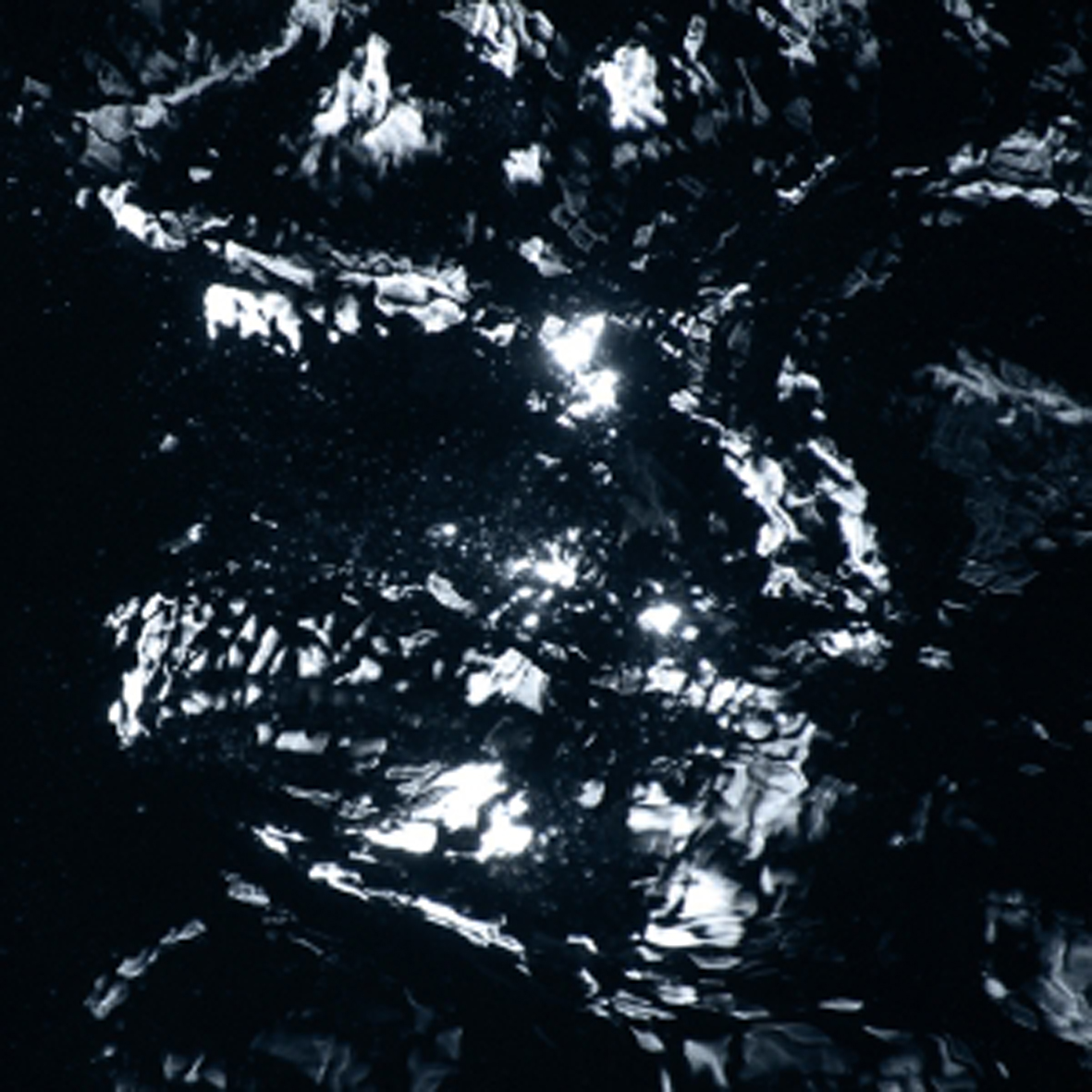
Bayou Electric is the final part of an unplanned trilogy that began with the wonderful Feel Free and continued with the almost-as-good Bridges.  Much like the two previous installments, this latest release has its origins in an unusual and compelling idea: in this case, composing a long-form piece that organically complements and interacts with an unaltered field recording taken from Pitre's native Louisiana.  Unlike previous installments, however, Bayou Electric's laudable ambition regrettably exceeded Pitre's ability to do it justice.  The problem is not that this is a bad album–it is not (at least not for those who enjoy pastoral ambient drone).  Rather, Bayou is disappointing solely because it fails to be particularly distinctive or moving, which is an especially tragic fate for an album with such sincere and personal aspirations.
The field recording in question was made by Pitre himself back in 2010 at Four Mile Bayou, where his family has owned land for several generations.  There is nothing particularly exceptional about the recording, aside from its inherent poignancy for the composer, but any competent night recording of a rural area in the Deep South is invariably going yield a vibrant and complexly textured thrum of insect life.  This one is no exception and Pitre recognized that.  In that regard, I greatly appreciate what he set out to do here: find a way to use the recordings without chopping, tweaking, or shaping them or relegating them to just a minor layer of added texture or background.  For Duane, the chittering, droning hordes of crickets and frogs are the raison d'être for Bayou Electric, both richly musical and deeply meaningful (his family have been living among these sounds for almost a hundred years).  Unfortunately, this is not an album by Chris Watson, master sound-recordist; this is an album by Duane Pitre, electro-acoustic composer.  Consequently, Bayou Electric's impressive ideals get muddied quite a bit by the artificial textures of synthesizers and sine waves.
Such a choice is extremely perplexing coming from Pitre, as he has historically been quite fond of more timeless instrumentation such as cellos and violins.  There are some of those here too, but Bayou Electric is an album that begs for earthy, organic instrumentation that can fit seamlessly amidst a wildlife chorus of croaks, buzzes, and hums.  Anything else just sounds either false or blandly homogenizing.  For better or worse, this album errs more towards the latter.  While there is evidence of a concerted effort to shape the music around the very vocal crickets and their bayou friends, Pitre's sustained, radiant synth swells unavoidably grab much of the focus.  Consequently, Bayou Electric largely sounds like a beatific ambient drone reverie circa 2015 playing in a room with all the windows open.  The only significant difference from such a reductionist dismissal is that the crickets are sometimes as loud as the instrumentation (or louder), so imagining that someone helpfully gave them microphones and an amp yields a somewhat more accurate picture.
Of course, my disappointment is highly subjective and is shaped by my own expectations based upon both the album's description and my previous encounters with Pitre's work.  With Feel Free, he proved that he is an imaginative and innovative composer capable of making great, distinctive art.  With Bridges, he proved that he is restlessly evolving and appreciates the power of dissonance.  There is no dissonance or distinctiveness to be found this time around though.  While I do not think that Duane forgot what made him a compelling composer in the first place, I suspect that his desire to move away from using other musicians combined with a wish to record a tender tribute to his home steered him into some dubious and toothless aesthetic territory.  He did have a great idea though–things just went a bit awry with the execution, at least as far as creating compelling, forward-thinking art is concerned.  As far as pleasant (if unspectacular) ambient drone is concerned, Bayou Electric is reasonably effective at scratching that particular itch, approximating some of Stars of the Lid’s more benignly pastoral work.  There is certainly a place for that, but an artist of Pitre’s caliber has no business lingering there.
 
Read More

